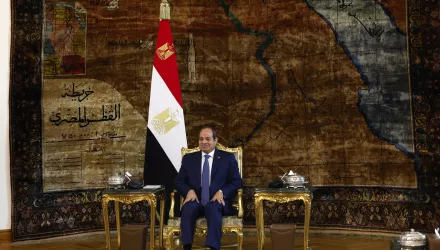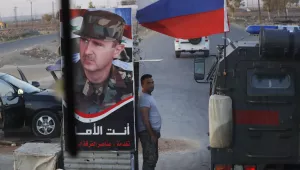The Mosque and the Market: An Economic Explanation of Political Islam in Somalia
The international community has spent billions of dollars and lost thousands of lives in efforts to rebuild failed states. However, international initiatives to reconstruct state institutions from the top-down have largely failed to produce de facto statehood on the ground. In contrast, in these same cases, certain Islamic movements have demonstrated a remarkable state-building capacity, particularly the ability to centralize political power. What makes Islamic groups better state-makers than internationally sponsored state-building projects? Using original field research and survey data from war-torn Somalia, this seminar demonstrates exactly why and how the local business community in Mogadishu worked with the Islamic Courts Union movement from 2004–2006 to produce an unprecedented degree of political change.
Please join us! Coffee and tea provided. Everyone is welcome, but admittance will be on a first come–first served basis.




